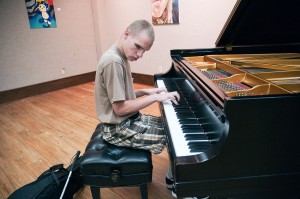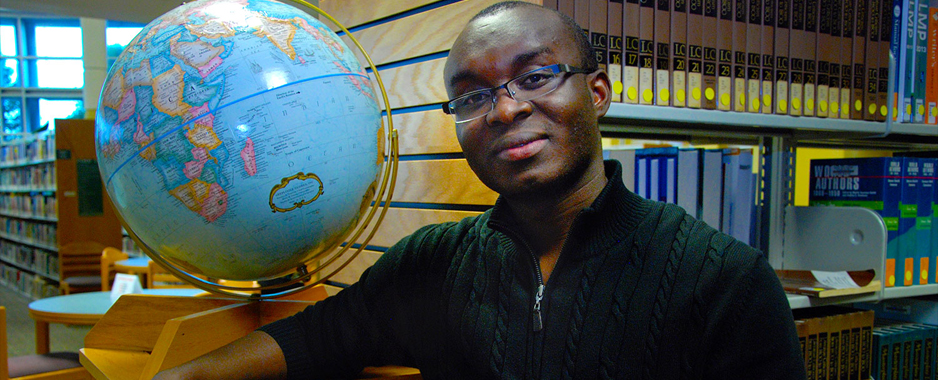By Kenney Kost/editor-in-chief

Math can be tough for many college students.
For the visually impaired, the software MyMathLab from Pearson can be tough to navigate to do the work needed to pass math. It’s particularly tough when their screen-reading software isn’t compatible.
“I was able to do a couple of the assignments, but I still had a few issues,” said visually impaired NE student Joseph King. “Then I got to a certain point, and it just got to be too much. I had to drop the class until they come up with accessible software or a different solution.”
TCC is required by the Americans with Disabilities Act to have accessible coursework for its disabled students regardless of the disability.
District coordinator of assistive technology Tracy Jordan said a task force has been working since the beginning of the semester to reach a solution and will meet with representatives from Pearson next week.
“We are diligently trying to come up with a resolution,” Jordan said. “We are meeting with Pearson to discuss how we can make this coursework accessible to our vision-impaired population or we are going to have to devise a comparable course to put in its place.”
Calls and emails to two Pearson representatives were not returned.
Faculty selected MyMathLab because it was user-friendly and fairly accessible, vice chancellor of information and technology Tim Marshall said, but it has some issues.
“The problem with the screen reader is that they read exactly what is on the screen,” Marshall said. “So when you have something like an algebraic formula with x and y mixed with numbers, it reads those letters as English and not mathematic symbols.”
Another issue is Adobe Flash, which runs behind the scenes in MyMathLab, Jordan said. Screen-reading software such as JAWS doesn’t understand graphics and movement within programs.
“One of the issues is that [Adobe] Flash is constantly moving,” she said. “JAWS needs something stationary in order to read it.”
Marshall said there are options to explore if Pearson and TCC can’t come up with a solution. The other options are new software across the board, new screen-reading software or a new lecture-based course. However, he hopes the existing software can be fixed.
“We want to give the vendor every opportunity to fix the issue,” he said.
For now, Marshall asks students experiencing difficulties with this or any other accessibility or learning issue to go by their campus disability services office and let them know.
“They can accommodate you,” he said. “They are there to help. We don’t want any students dropping classes, and we will do whatever it takes to help them be successful.”
King simply wants a solution.
“I’m a really hard-working guy, and I try to do what I can to pass all my classes. But with this software issue, it’s been horrible,” he said. “It’s not conducive to have something like this that is not accessible to everyone.”























